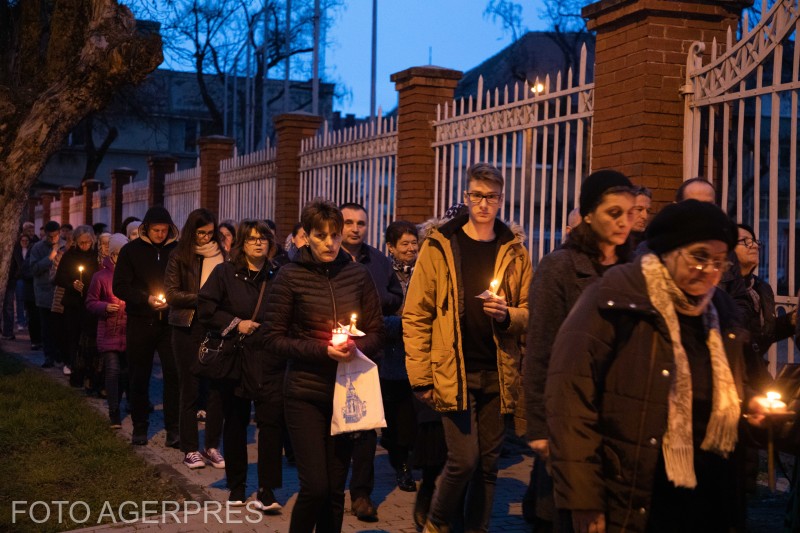The European Commission – decision on TikTok
The European Commission has stepped up monitoring the TikTok platform before the upcoming election in Romania

Daniel Bilț, 06.12.2024, 14:00
This is presently one of the most disputed topics at European level from institutions and authorities to mass-media: a well-funded and well-prepared campaign on the TikTok platform that would have backed the independent candidate Calin Georgescu in the first round of the presidential race on November 24. The campaign was estimated at several million dollars although Georgescu says he didn’t pay any money whatsoever.
Starting from this supposition, the European Commission on Thursday announced its decision to step up monitoring the platform under the European law on digital services.
According to the commission, the measure is related to the EU Executive’s competences regarding the aforementioned law and has nothing to do with Romania’s election process, which is an issue strictly related to the Romanian authorities and the Romanian people.
The Commission has called for the preservation of all information in the platform and its connection system concerning the European election in November 24, 2024 and March 31, 2025 in case further investigation is needed.
The EU Executive, which says that presently it has no position on any possible infringement on the platform’s legal duties, has also summoned a meeting with all the authorities of the member states in charge of coordinating the implementation of the legislation over the digital services as well as a meeting on cyber-security.
TikTok representatives earlier told the European Parliament that 66 thousand fake accounts, 10 million fake followers and also one thousand accounts, which allegedly belonged to some Romanian candidates, had been eliminated from the platform in the past three months.
At the same time, TikTok Public Policy Director, Caroline Greer, has underlined that also in the case of the Romanian presidential election, the platform is not responsible for the fact that some election-related information remained unreported.
According to Radio Romania correspondent in Brussels, if the Executive’s verification proves the platform failed to comply with the European legislation on digital services, it can get fines up to 6 percent of its yearly turnover and for repeat infringements it can get temporarily suspended in the European area until the problems are solved.
In Romania’s case, it is only the national authorities that can make a decision on possible investigations or sanctions applied to people or groups of people.
(bill)






























